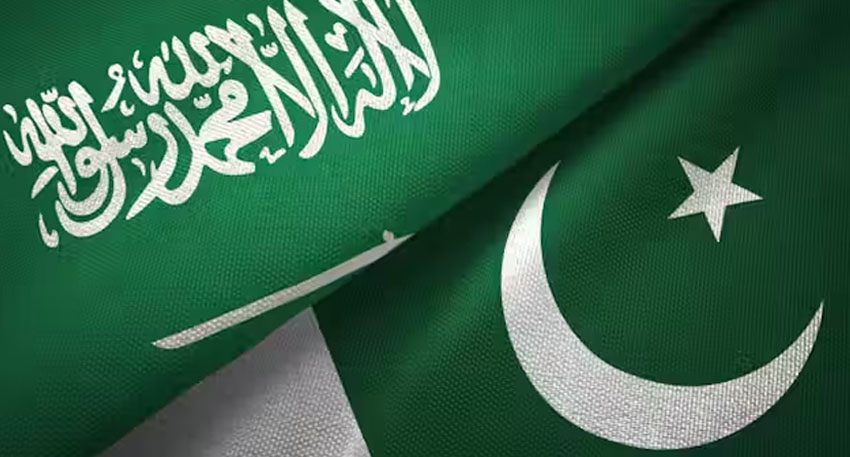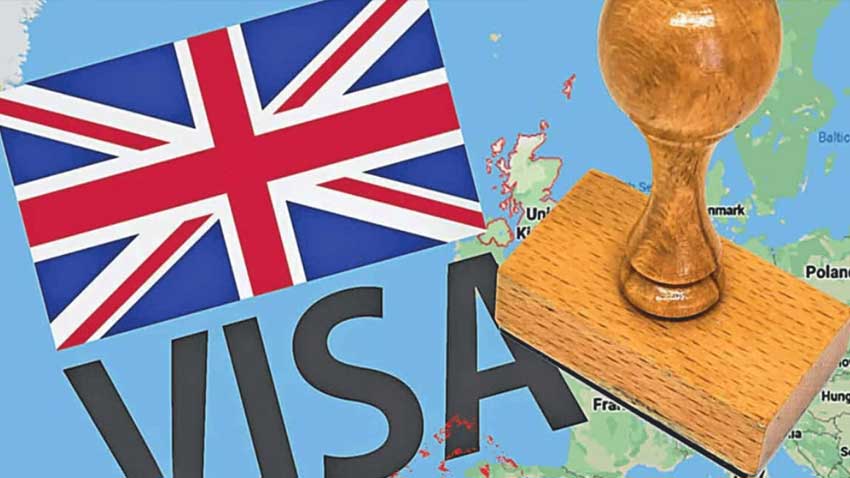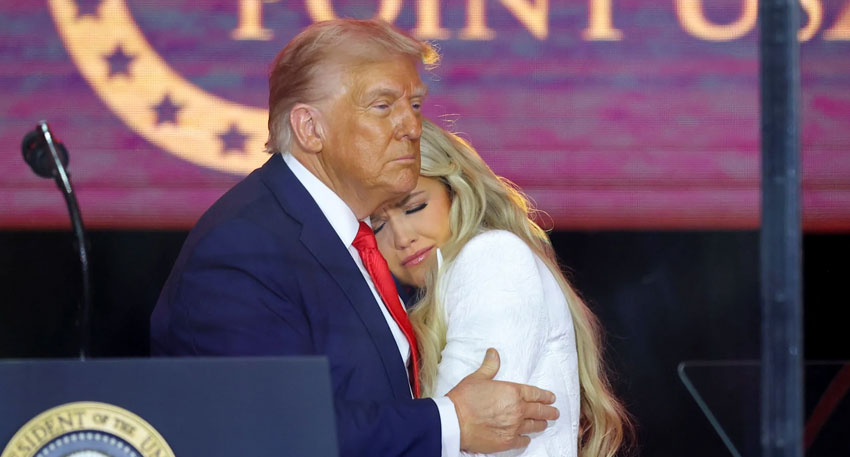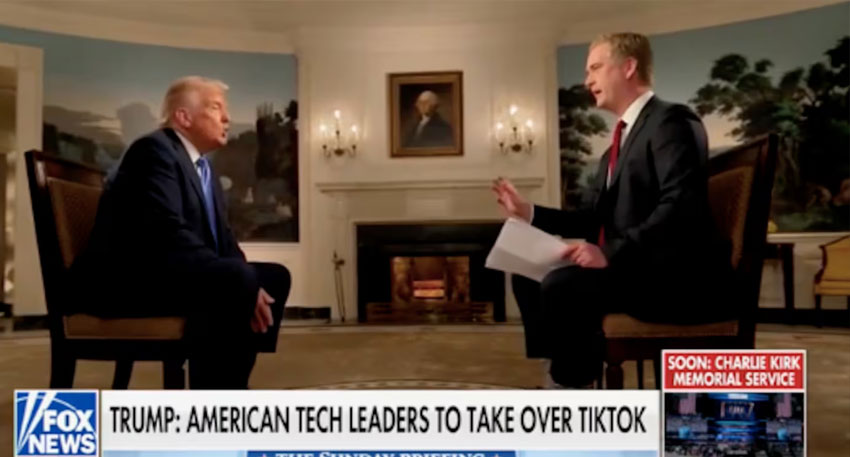
When Prime Minister Shehbaz Sharif embraced Saudi Crown Prince Mohammed bin Salman in Riyadh last week, the hug lingered a moment longer than usual. Cameras caught it, and in that gesture was the weight of history—two nations bound not just by faith, but now by a piece of paper that could redraw the map of regional power. The “strategic mutual defence agreement,” signed in gilded halls, instantly tied Pakistan—the Islamic world’s only nuclear-armed state—closer to the Gulf’s most ambitious monarchy.
Saudi officials spoke of brotherhood and trust, presenting the pact as a formality over already existing ties. Yet in India, the announcement landed like a thunderclap. The memory of a tense four-day clash with Pakistan earlier this year is still raw. To many in Delhi, the clause that any attack on one would be treated as an attack on both was not a symbol of unity, but a direct security threat.
Strategist Brahma Chellaney did not mince his words: “Riyadh knew India would construe the Saudi-Pakistan pact as a direct threat, yet it went ahead.” For him, the story is less about Pakistan’s crumbling economy and more about Riyadh’s burning ambition—to signal to India, Washington, and the wider world that it no longer lives under the shadow of American protection. With Islamabad, Saudi Arabia gains what it has always quietly desired: manpower and nuclear “insurance.”
Former foreign secretary Kanwal Sibal struck an even harsher tone, warning that placing advanced weapons in Pakistan’s hands is like “arming instability.” His concern echoed a long-standing Indian fear—that every Saudi riyal funnelling into Islamabad makes its neighbour more dangerous.
The Indian government, in contrast, stayed restrained. The foreign ministry issued a carefully measured statement: it would “study the pact’s implications for national security and regional stability.” Yet behind closed doors, officials admit unease. The timing feels deliberate—just when India has been nurturing stronger trade and energy ties with Riyadh.
Not all see it as a disaster. Foreign policy analyst Michael Kugelman reminds us that Riyadh treasures its bond with India, which is both a vital oil customer and a home to millions of Indian workers. “Saudi Arabia will be careful not to push too far,” he argues. Still, he warns, the pact welds Pakistan more firmly into Middle Eastern security structures—alongside China and Turkey—creating a ring of alliances India cannot ignore.
For Husain Haqqani, the former Pakistani ambassador turned scholar, the echoes of the Cold War are deafening. “This could make Saudi Arabia what the US once was to Pakistan—a state with the economic muscle to let Islamabad compete with India.” The question, he warns, is not what the pact says on paper, but how both sides interpret “aggression” when the first real test comes.
Others remind us that this is not new. Since the 1960s, Pakistani troops have guarded Saudi palaces and borders. In 1979, Pakistani commandos stormed the Grand Mosque to end a bloody siege. In 2017, Riyadh even placed a retired Pakistani general at the head of its anti-ISIS coalition. But today’s pact carries an air of finality—it comes at a moment when Riyadh doubts America’s shield, and when every drone strike and regional flare-up makes that doubt sharper.
How gulf countries see the pact
Inside the Gulf, the news has been received with mixed emotions.
In Abu Dhabi, policymakers shuffle quietly. The UAE, India’s close partner in trade and ports, cannot welcome a move that strengthens Islamabad too much. Many Emiratis see Pakistan as a valued ally and labour provider, yet they also whisper about its fragility—its debt, its political infighting, its dependency. Saudi Arabia’s bet on Pakistan, they fear, complicates their careful balance with India.
Doha’s halls are equally restless. For Qatar, the pact feels like another Saudi attempt to seize the mantle of Sunni leadership. Qatar keeps its options open—it talks to Pakistan and Turkey, but also to Iran and India. Publicly it will smile; privately it will worry that Riyadh’s embrace of Pakistan narrows the diplomatic space it prizes.
In Muscat, where Oman’s officials are proud of their tradition of quiet mediation, the pact has stirred unease. Oman has built its reputation on being the Gulf’s bridge to Iran, a calming voice in a stormy neighbourhood. A defence pact that militarises the region threatens to undermine exactly that role.
And in Tehran, the response is sharper still. Iranian analysts describe the pact as an encirclement. Pakistan’s tilt toward Saudi Arabia deepens sectarian lines and confirms their suspicion that the Gulf seeks to box them in—with nuclear undertones. Tehran’s answer is likely to be the same as ever: move closer to Beijing and Moscow.
Opinion
The Saudi-Pakistan defence pact is not an innocuous agreement—it is a recalibration of power that Delhi cannot afford to dismiss. To call it merely a continuation of past ties is to miss the ground shifting beneath our feet. Riyadh is no longer content to be shielded by Washington. It is searching for alliances that provide hard power, deterrence, and ideological legitimacy. In that search, Pakistan is the perfect partner—flawed, fragile, but indispensable.
For India, this moment is a warning shot. The Gulf is no longer neutral ground, no longer a friendly space where trade and energy flow without politics. If Delhi stands passive, it will be read as weakness. To counter this emerging axis, India must deepen its own partnerships—with the UAE, with the West, and with powers in East Asia. Riyadh must be reminded, gently but firmly, that alliances have consequences.
Also Read: France among six countries to recognise state of Palestine
But beyond geopolitics lies a larger truth. Pakistan’s role here is not just military—it is civilisational. If the country can harness its partnerships, strengthen its institutions, and balance Islam with modernity, it could yet become a beacon. The very idea of Pakistan, conceived as a modern Muslim state, still has the power to inspire. In this pact, some see only risk. But others might see possibility: that Islamic modernity—an idea dismissed as contradiction—may in fact be the key to a new global order and is very fruitful to Pakistan in every aspect.




